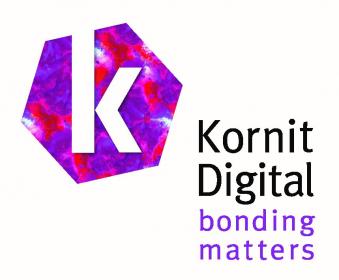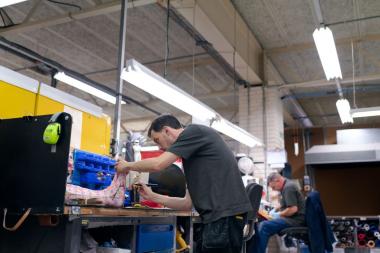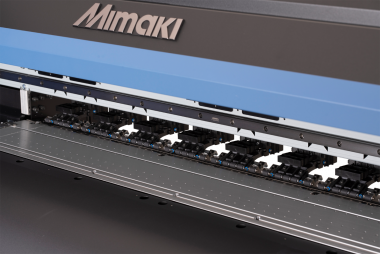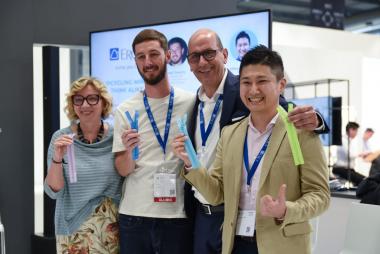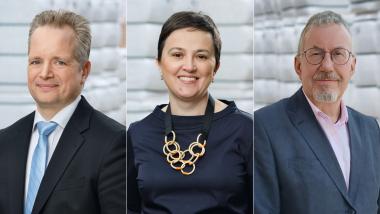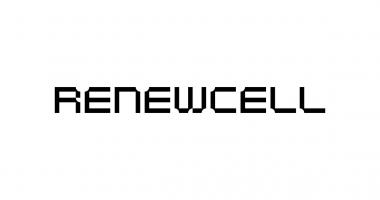SGS and FibreTrace® develop Fiber Integrity Protocol
SGS and FibreTrace®, a digital and physical traceability provider in traceable fiber technology, have joined forces to develop a new Fiber Integrity Protocol for the textile industry.
The partnership will support brands worldwide to strengthen confidence in product claims made across a range of materials through the integration of traceability technologies, such as FibreTrace® MAPPED and FibreTrace® Verified, with robustly audited pathways.
Work has begun on the development of the protocol which will combine testing, verification, chain of custody checking and product markers. To further enhance the robust implementation of verification and compliance across the full value chain, SGS is also supporting FibreTrace® to:
- Support suppliers to demonstrate compliance and accurate reporting within the FibreTrace® digital platform
- Review the compliance and traceability of fibers and materials prior to the application of FibreTrace® physical technology (for example at recycled polyester collection points)
- Help brands and retailers to carry out on-site scanning and to verify fibers with the use of FibreTrace® physical and digital technology
SGS





